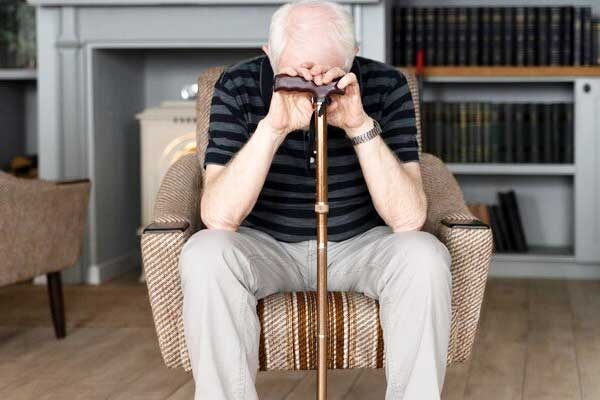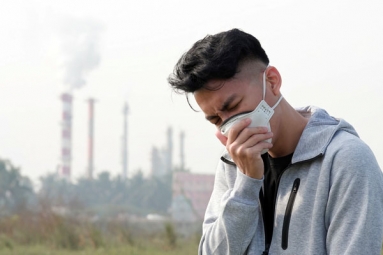
(Image source from: Freepik.com)
Mental and physical health are two sides. As we age, our physical health often declines. This could mean adjusting to new health problems, becoming less independent, or adjusting to a new environment. These events can impact the mental health of older people in different ways. The mental health of older adults is often overlooked because it goes undiagnosed or unrecognized. For example, some people think that depressive symptoms are a normal part of aging. Access to mental health care and associated stigma can create barriers for older adults in need of treatment. The world population is aging faster and faster. The number of people aged 60 and over is expected to double between 2015 and 2050. This means an increase in the number of people aged 60 and over from around 900 million to 2 billion. One in four seniors suffers from mental health problems. The most common problems are depression, dementia and anxiety. Depression and dementia are the most common, affecting 5-7% of the population over 60 years of age. Second is anxiety, which, according to the World Health Organization (WHO), affects 3.8 percent of older adults. The mental health needs of older adults are unique. Transitions and emotional events such as moving, the death of a loved one, and physical changes are common for people over 60. Mental health problems among older people include depression, substance abuse, dementia, anxiety, frequent psychological distress, and suicide.
Compared to other groups, older people have the highest suicide rate. People aged 85 and older have the highest infection rate, followed by adults aged 75 to 84. Social isolation and loneliness are also factors. These are believed to be linked to diseases and physical ailments such as high blood pressure, obesity, heart disease, a weakened immune system, Alzheimer's disease and reduced cognitive function. Loneliness and social isolation may sound similar, but they are not necessarily the same thing. Although you may live alone, you have an active social life and are surrounded by family and friends. On the other hand, you may feel lonely even when surrounded by people. Humans are a social species. Losing connection with others and losing a sense of community can change how you view the world around you and negatively impact your mental health. Depression and other psychological problems can worsen physical illness and slow recovery time. These problems can cause complications and obstacles to recovery, making it difficult to perform simple tasks such as eating, grooming, and dressing. It's important to remember that difficulty with basic tasks is not necessarily a sign of aging or age-related life changes.
Follow these steps to find out if your loved one needs help:
Asking. Take the initiative and ask your loved ones how they are doing. Be supportive and listen carefully. Ask if there is anything that worries or upsets them. Ask if they feel particularly tired or stressed. People often need to be listened to, and this is even more true the older we get.
Ask your pharmacist. If your friend or family member is taking medication and is showing signs of fatigue, ask your pharmacist if the medication could be to blame. Sometimes certain combinations of medications can cause low energy and fatigue. A geriatric pharmacist specializes in medications for people over 60 years of age. They may contain useful information.
Ask your doctor. Share your concerns with your loved one's doctor. They know their medical history and medications they are taking and can recommend tests and specialists to identify the problem.
Request an estimate. Take your loved one to a geriatric psychiatrist. They are trained to diagnose and treat age-related mental illness.







